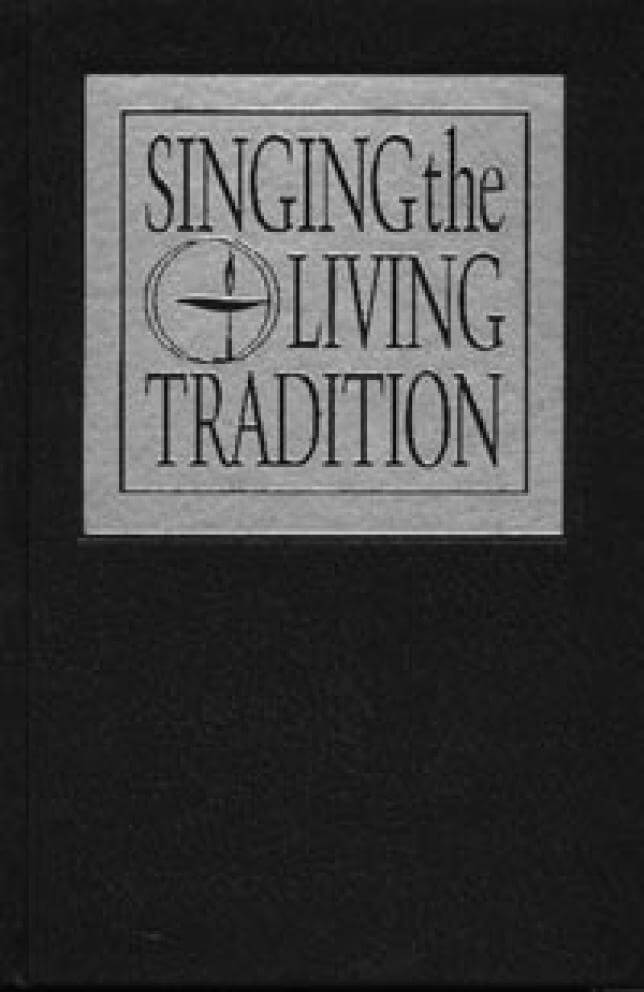Activity 2: Meeting the Theme Song
Part of Amazing Grace
Activity time: 15 minutes
Materials for Activity
- Copies of the hymnbook, Singing the Living Tradition
- Music player
- Recording of "Amazing Grace," preferably one that includes the words
Preparation for Activity
- Have your recording of "Amazing Grace" ready to play.
Description of Activity
Introduce your group to the song and hymn "Amazing Grace."
State (if this is the case) that the group heard the curriculum's theme song, "Amazing Grace," playing when they entered the room. Play a verse or two of the song now.
Explain that you might hear this song sung by a soloist or played on bagpipes. Many Unitarian Universalist congregations also sing this hymn.
Ask if anybody knows the story of "Amazing Grace." Perhaps some youth have seen the movie of that title (a PG film released in 2006). Hear what the group has to say and then summarize the story:
John Newton, an Englishman who lived from 1725 to 1807, wrote the words for "Amazing Grace." As a young man, John Newton was a slave trader. He sailed to Africa many times and brought black people to Jamaica, where he sold them as slaves. One day his ship nearly sank in a storm. Newton prayed to be saved, and the ship and its crew survived. He began to pray regularly, and then to treat his human cargo better. One day he realized that what he was doing was evil and he gave it up. He ordered his crew to turn the ship around and take its black prisoners back to Africa. Newton returned to England, where he began to fight for an end to slavery. His words to "Amazing Grace" tell the story of his great change from a man who traded slaves to a man who fought against slavery.
Distribute copies of Singing the Living Tradition and ask participants to turn to Hymn 205, which is the first of two versions of "Amazing Grace" included in the book. Ask for a volunteer to read the first verse aloud.
Ask your youth what the words mean. Help them to see how the verse tells of John Newton's great change. Explain that many Christians think of "grace" as a gift that God gives simply out of love; it is not deserved or given as a reward for good behavior. John Newton felt saved from sin by God's grace.
Expand on this brief definition as much as seems helpful with ideas like these:
Grace is one of those words with several meanings. If you say a grace, you are saying words of blessing or thanks before a meal. A person can be graceful, for example, in the way she/he moves. And grace notes in music are quick little notes leading up to bigger notes. Even the religious idea of grace has two different meanings, especially for Christians. Grace can be gifts from God to humans, such as love and mercy; it can also mean being free of sin after repenting and asking for God's forgiveness. Repenting means feeling deep regret for something.
Ask if participants think John Newton was a virtuous man or a sinful man. Discuss their answers and introduce the idea, if others do not, that a person can be both virtuous and sinful. Does the group think that just about everybody is both sometimes good and sometimes bad, or are some individuals totally virtuous or totally sinful? If we are all both good and bad, what does that say about human nature? Does saying that everyone does wrong things sometimes make it okay to be bad?
Say that you will play the song again in future sessions and talk about some of the other verses.
